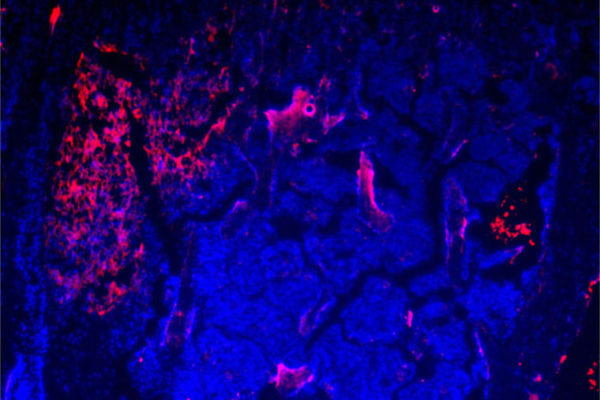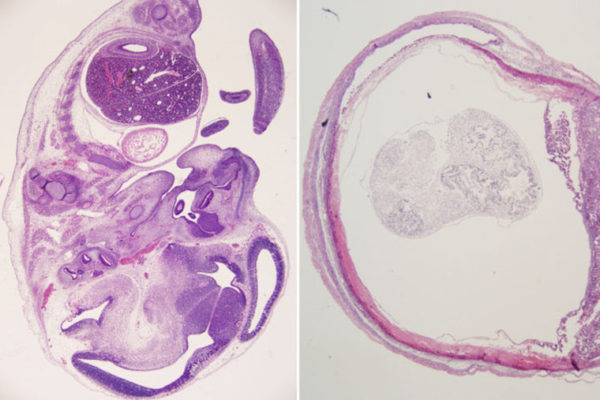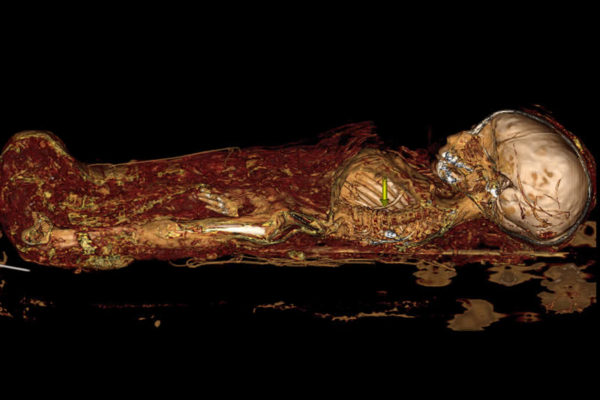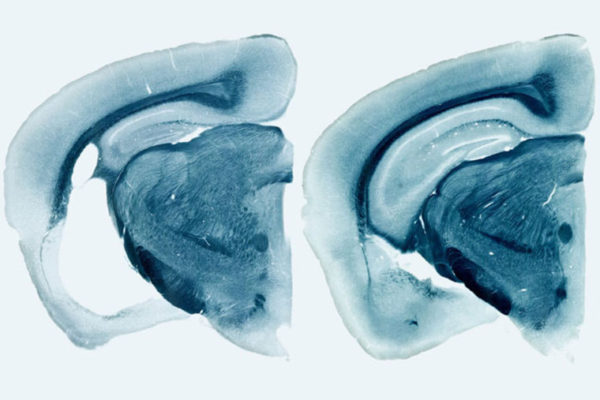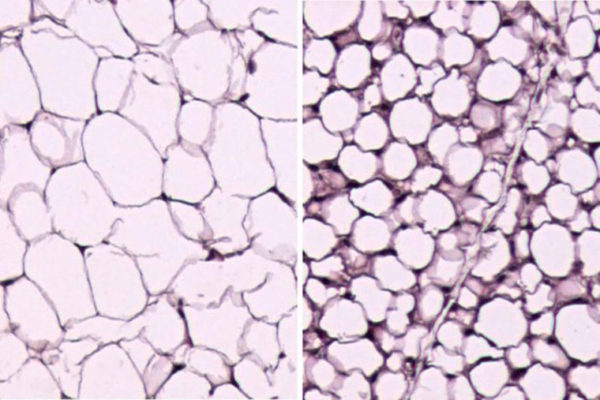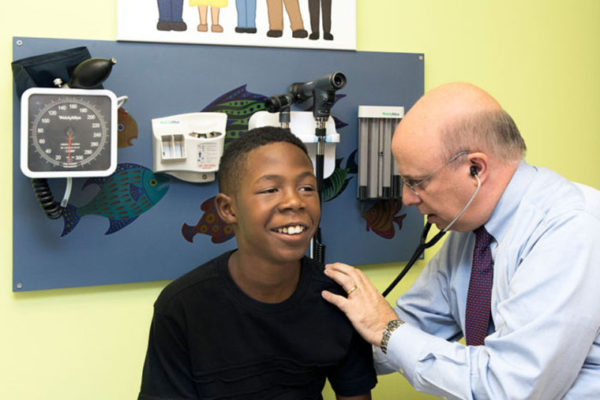Chemo-loaded nanoparticles target breast cancer that has spread to bone
Scientists at the School of Medicine in St. Louis have developed a nanoparticle that can deliver chemotherapy directly to tumor cells that have spread to bone. Research in mice showed the treatment kills tumor cells and reduces bone destruction while sparing healthy cells from side effects.
Antibody protects against both Zika and dengue, mouse study shows
A new study led by researchers at Washington University School of Medicine in St. Louis shows that an antibody that protects against dengue virus is also effective against Zika in mice.
Breathing dirty air may harm kidneys
Outdoor air pollution has long been linked to major health conditions such as heart disease, stroke, cancer, asthma and chronic obstructive pulmonary disease. A new study now adds kidney disease to the list, according to researchers at the School of Medicine and the Veterans Affairs (VA) St. Louis Health Care System.
Scanning for clues to our ancient past
The mummified remains of a 7-month-old baby boy and pieces of skull from two teenage Triceratops underwent computed tomography (CT) scans Sept. 16 at the School of Medicine, in hopes researchers could learn more about the ancient past.
Newly ID’d role of major Alzheimer’s gene suggests possible therapeutic target
A study led by researchers at the School of Medicine shows that the presence of ApoE4 exacerbates the brain damage caused by toxic tangles of a different Alzheimer’s-associated protein: tau. In the absence of ApoE, tau tangles did very little harm to brain cells.
Scientists find way to convert bad body fat into good fat
Research at the School of Medicine has identified a way to convert bad, white fat into good, brown fat, at least in mice. The findings raise the prospect of developing more effective treatments, in people, for obesity and diabetes related to weight gain.
Pet, pest allergens linked to reduced asthma risk
An ongoing study at the School of Medicine is aimed at understanding what factors may increase or decrease the risk of developing asthma in childhood.
Medical students not trained to prescribe medical marijuana
Although medical marijuana is now legal in more than half of the states in the country, researchers at the School of Medicine have found that medical marijuana is rarely addressed in medical education.
Medical history can point to earlier Parkinson’s disease diagnosis
Researchers at the School of Medicine have analyzed Medicare claims data of more than 200,000 people to develop an algorithm to predict whether a patient one day will be diagnosed with Parkinson’s.
Does improving cardiovascular health reduce risk of dementia?
Researchers at the School of Medicine are recruiting volunteers for a national study that is exploring whether strategies to improve cardiovascular health also reduce the risk of dementia in those at risk for Alzheimer’s disease.
Older Stories
